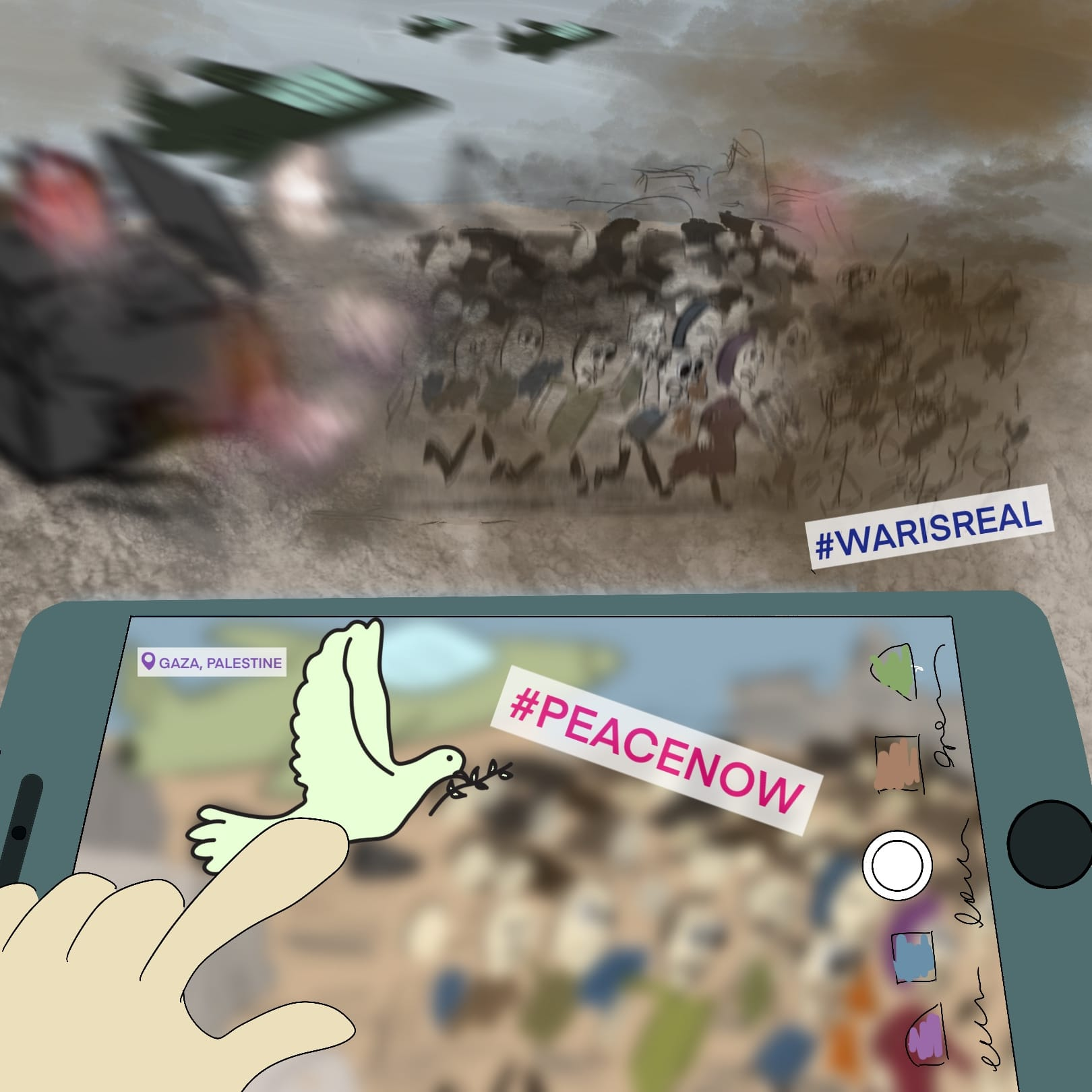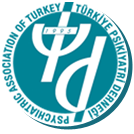|
|
The Peace Declaration of Psychiatric Association of Turkey
We Call on All Psychiatric Communities, World Psychiatrists, Physicians, Healthcare Professionals, Human Rights Defenders and Organizations to Defend Peace, Human Values, and the Right to Mental Health Against Wars and Armed Conflicts.
We hereby present our appeal to international psychiatric communities and global public opinion.
Dear colleagues,
War represents a major issue for both public health and mental health.
The increasingly violent and widespread conflicts, especially in the Middle East, are leading to a catastrophe that strips away the right to life not only from humanity but from all living beings. For the survivors, these wars cause irreparable wounds and severely deteriorating their mental health.
Besides the onset of the recent war Ukraine, humanity is now witnessing another conscience-wounding massacre in Palestine and the Middle East. Following years-long tensions and conflicts, the actual armed conflict initiated on 7th October, targeting civilians and leading to war in the Gaza region, has escalated onto a degree of isolation and destruction that is evolving into a genocide, totally unacceptable by humanitarian values. We all bear witness to shattered and burnt bodies, people deprived of their most basic needs, millions displaced from their homes, children whose bodies and futures have been destroyed, violence that respects no established law or humanitarian principle, and the disregard for the Palestinian people's fundamental right to life.
In this war, where over fifteen thousand children have been killed in Gaza, crimes are being committed before the eyes of the international community. To see how the rights protected and guaranteed by laws are being completely disregarded is as traumatizing as directly or indirectly witnessing acts of violence. This situation is not an issue for a single country or region to handle, but a crisis for which all people around the world must embrace responsibility for the sake of human dignity. State-driven assassinations intensify the already challenging and intractable nature of the conflict. The silence of those who claim to stand for peace only facilitates the loss of all humanity.
When people are stripped of their right to live freely and with dignity in their homeland, and are subjected to murder, starvation, forced displacement and genocide, it becomes a crime against all humanity; as a human community. Remaining silent in the face of such atrocities, we collectively bear responsibility. Just as how the defense of humanitarian values in response to the war crimes of World War II contributed to the formation of universal norms in democracy and individual rights, today's call for peace and stance against war will undoubtedly yield positive results. We must break our silence and speak out today, while the destruction and deaths are on-going and over fifteen thousand children have already been killed.
Recent past is filled with preventable conflicts caused by human actions. Ending these conflicts is primarily the responsibility of governments and multinational organizations, particularly the United Nations. However, given this process evolving into a severe humanitarian crisis and genocide, it is clear that the international civil community, including us doctors and psychiatrists, must also take an active role in addressing it.
With its professional expertise in not only understanding and anticipating the dynamics of a developing conflict but also fostering reconciliation and solidarity, psychiatry can play a pivotal role in creating a climate of peace, primarily by voicing a call for an end to the armed conflict.
As psychiatrists who are the closest witnesses to the scars that trauma inflicts on minds and bodies, we know that the war in Ukraine and the massacres occurring in Palestine, which have the potential to spread across the Middle East, will cause significant erosion of humanitarian values. Humanity cannot emerge unscathed from this destruction. Our experiences, particularly from the Holocaust during the Nazi era, have taught us that silently witnessing and remaining mute in the face of destruction partially equates to complicity in the crimes and legitimization of such attacks. Just as in Vietnam, Srebrenica, Rwanda, and the Yazidi region of Iraq, we must raise our voices not after irreversible massacres and destruction have occurred, but right now, while these atrocities are happening.
We must oppose the spread of wars in the loudest possible voice, transcending geographical and ethnic biases, upholding the values of psychiatry and humanity for our mental health, our future and our children. We must defend peace and the right to life against massacres and the perpetrators of these atrocities.
The fact that these problems are multi-faceted, involve numerous actors and have persisted for years does not mean that they are unsolvable. We have seen throughout history how war and war-like conditions stimulate the psychological dynamics of large groups, and how, once destruction begins, this process reaches uncontrollable proportions before considering the sociological and psychological variables. We call on the international psychiatric community to play an active role in the solution process and to work on the social psychological dynamics of the negotiations. Humanity always carries within itself the power to change and the capacity to solve problems as a potential opportunity.
Precisely for the sake of our innate humanity and by virtue of being doctors, and with the strength and hope we carry from the past, we call on all psychiatric communities, psychiatrists, physicians, healthcare professionals, human right defenders and human rights organizations worldwide, to defend peace, human values, and the right to mental health against wars and armed conflicts, regardless of who the perpetrator is or who is harmed, and we declare that we are ready for any kind of duty and contribution.
It is time to act for peace!
With the wish for an equal and safe world for everyone, in the light of science and peace,
In solidarity,
Executive Committee of Psychiatric Association of Türkiye

|
|

